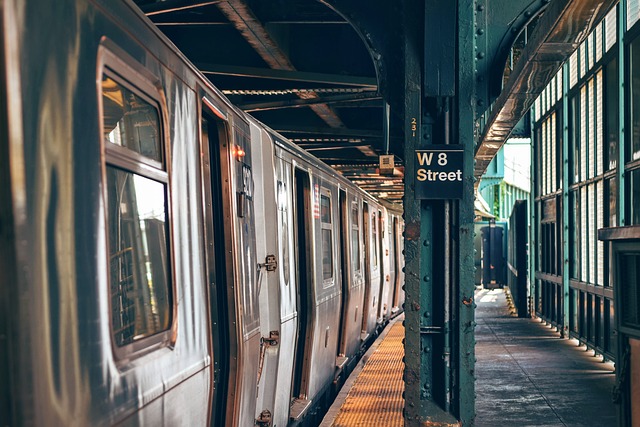Transit Strike Ends in Time for Election Day

Good news for the commuters of Philly who have been Uber’ing, walking, riding bikes, or stuck in gridlocked traffic for the past week – the SEPTA strike is (unofficially) over. TWU Local 234 announced on Twitter earlier this morning that a “tentative agreement” had been struck, and that bus, subway, and trolley service would re-commence later today.

An agreement between SEPTA and the transit union has ensured that all voters will be able to get to the polls on Election Day.
The news comes none too soon, as SEPTA and city officials had been fretting over the likelihood that the transit strike would prevent voters from getting to the polls on Election Day tomorrow. SEPTA previously announced that it was ready and willing to petition the courts to get transit moving again before Tuesday so that voters could do their civic duty.
“The City has a legal responsibility to ensure that Philadelphians can exercise their constitutional right to vote,’ SEPTA said in a statement announcing a requested injunction to force workers back behind the wheel. “Though there are extensive efforts to minimize the effect of any transit strike on Election Day, unquestionably, such an Election-Day strike will make it practically impossible for many Philadelphians to participate in this election.”
SEPTA’s 4,700 unionized workers have been on strike for six days protesting the terms of a new contract being drawn up with the Southeastern Pennsylvania Transportation Authority over issues like break allowances and pay rates. SEPTA provides an estimated one million rides to commuters every day, so the level of inconvenience for citizens of the City of Brotherly Love was off the proverbial charts.
SEPTA Chairman Pat Deon spoke favorable about the proposed agreement, which must be ratified by the union and approved by SEPTA’s executive board before it is finalized. “We believe this agreement is fair to our employees, and to the fare-paying customers and taxpayers who fund SEPTA,” Deon said. “It provides for wage increases, pension improvements, and maintains health care coverage levels while addressing rising costs.”



